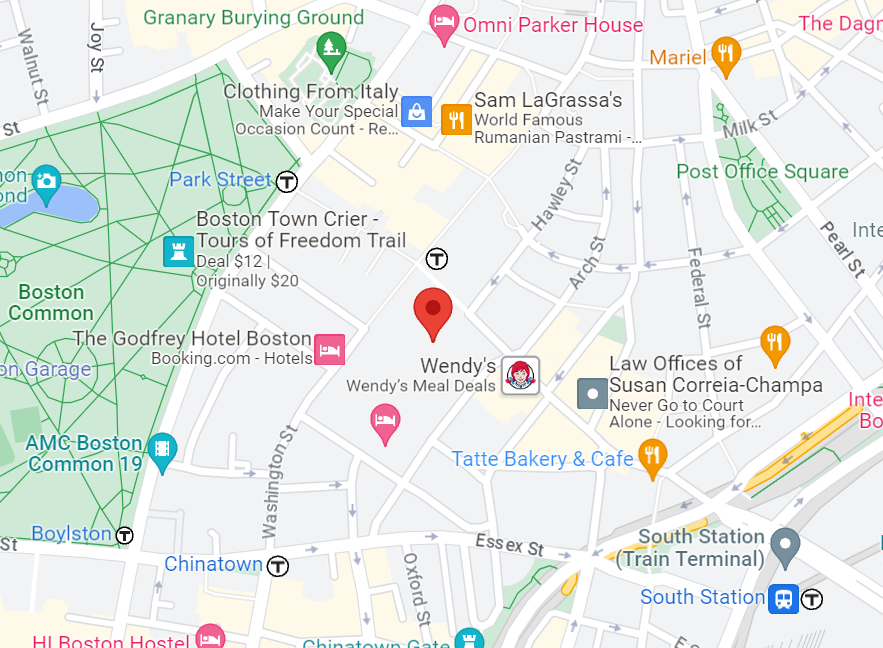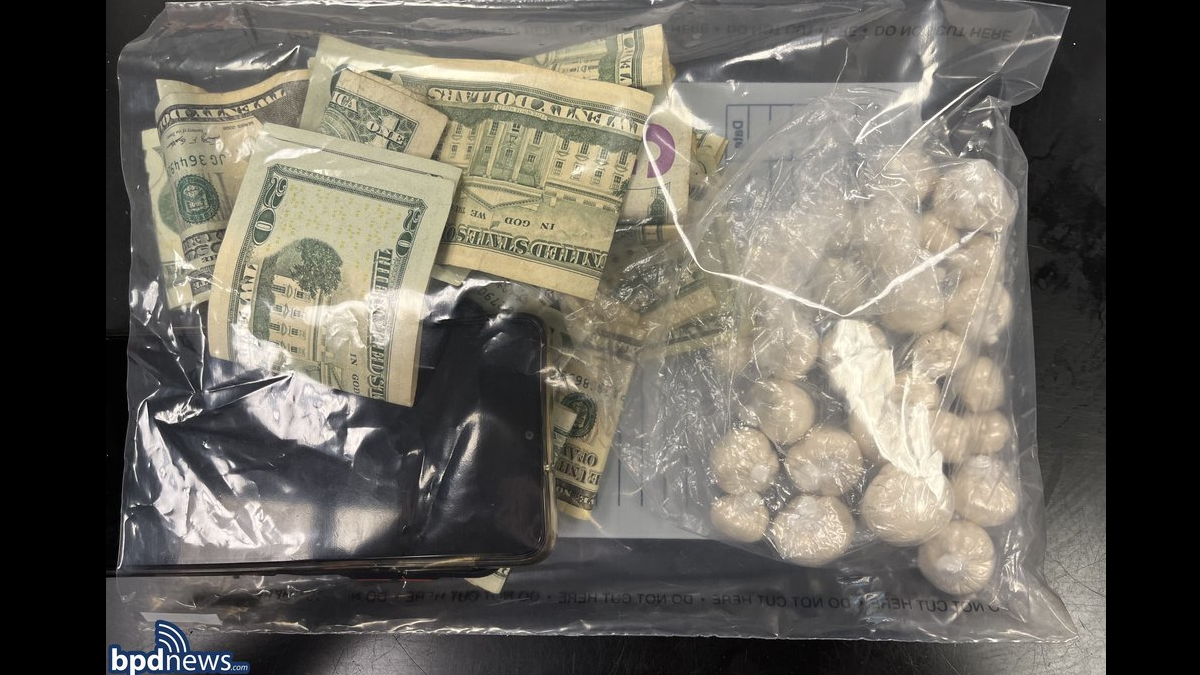bigpicture7
Senior Member
- Joined
- May 5, 2016
- Messages
- 3,905
- Reaction score
- 9,544
Since you seem to be asking for commentary and not hard data, I will indulge in sharing what I sense.Wondering if anyone who frequents Downtown Crossing can comment on the general street-level environment for retail, restaurants, etc.? Is it reasonably healthy? How extensive are the vacancies? My cousin works for San Francisco, which is really struggling in this area, and was very curious about how Boston is doing. My general sense is that Newbury Street seems to be doing fine. In some ways it seems a bit insulated because it is a tourist attraction in itself for its architecture/history and the stores are smaller scale/boutique-y. My sense (I don't get Downtown enough) is that DTX has more challenges, but probably not to the extent of Union Square in SF, where the major mall is now like 75% vacant. Is that a fair read? Do things seem to be on the up and up?
-DTX is a mixed bag, but honestly not too bad. I generally agree with @Justbuildit above in terms of issues/bright spots. But I will say that I really sense that the issues (in terms of retail vacancies and foot traffic issues) largely date to pre-pandemic. The completion of the Millennium Tower/Burnham Building project and Godfrey Hotel project brightened the whole area up a lot, but other than that, there was a trend in declining retail long before March 2020. Don't get me wrong, the DTX picture is not all sunshine and roses: there is too much vacancy. Yet there is usually decent-ish foot traffic. The way I would phrase it is that there's still a solid foundation to work with: if the city can figure out policy to boost retail entrepreneurship and for some of the older buildings to get more residential into their upper floors (conversions, etc), then it honestly really could be something special (it's a big IF).
-FiDi, on the other hand, is the real issue for Boston. It's slow during the week due to hybrid work, but during the weekend it is completely dead. FiDi was never huge on retail and nightlife before the pandemic either, but there was some; now however, it has been decimated probably more any any other neighborhood. I know the city is aware/working on it (declaring it an improvement zone or whatever) but it is nonetheless worth noting that it's probably Boston's main issue vacancies-wise/foot-traffic-wise these days.
-Newbury St. is absolutely packed (at least all of the several times I've been there over the past year, both weekday and weekend). And it has almost no visible retail vacancy.
-Back Bay more broadly is still recovering somewhat since the pandemic, but is generally strong and looking pretty bright.
-Seaport is hopping
All in all, Boston is doing quite solidly compared to what I've read about other cities
(interested in any others' corroborating/refuting sentiments on any of above)
Last edited:





